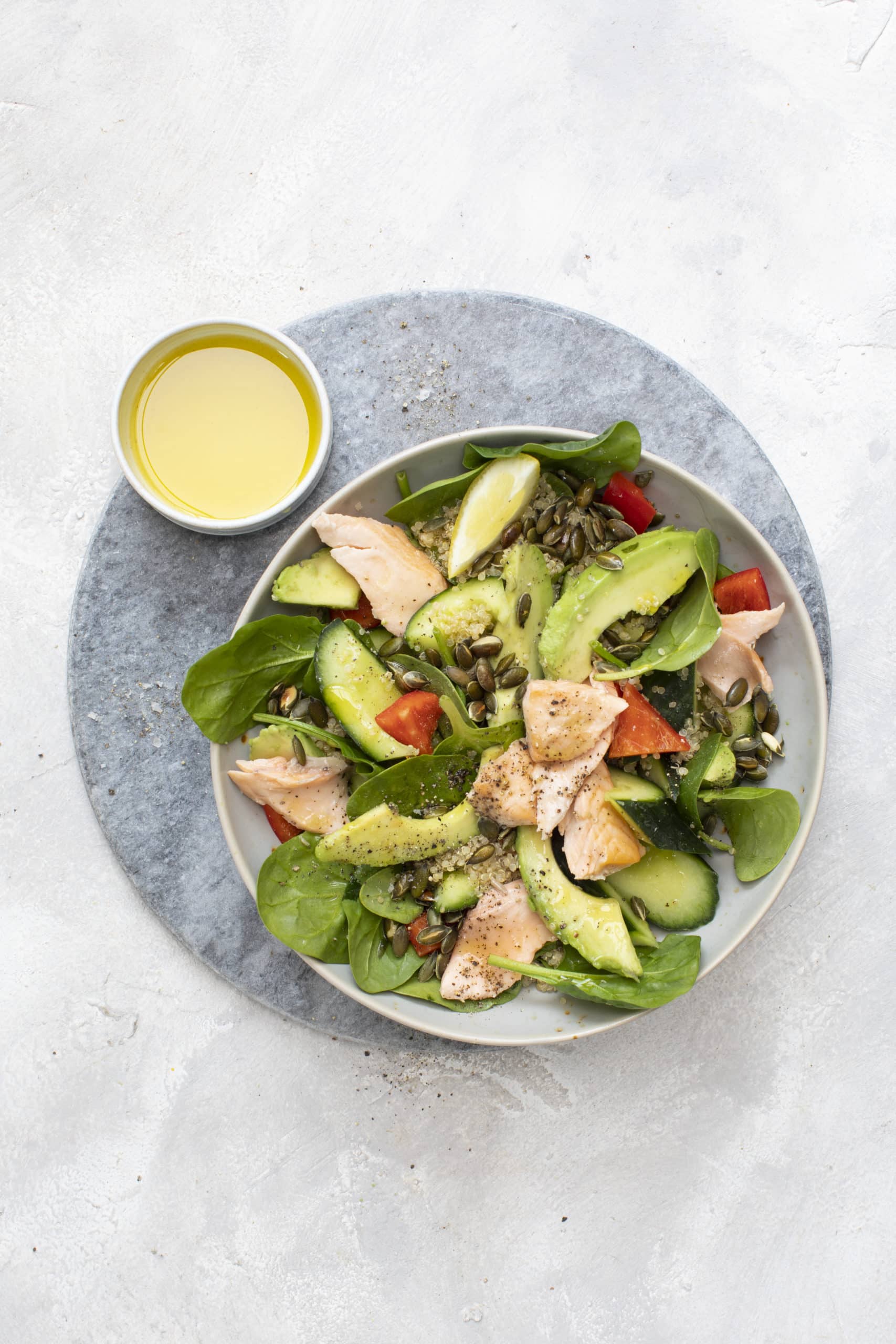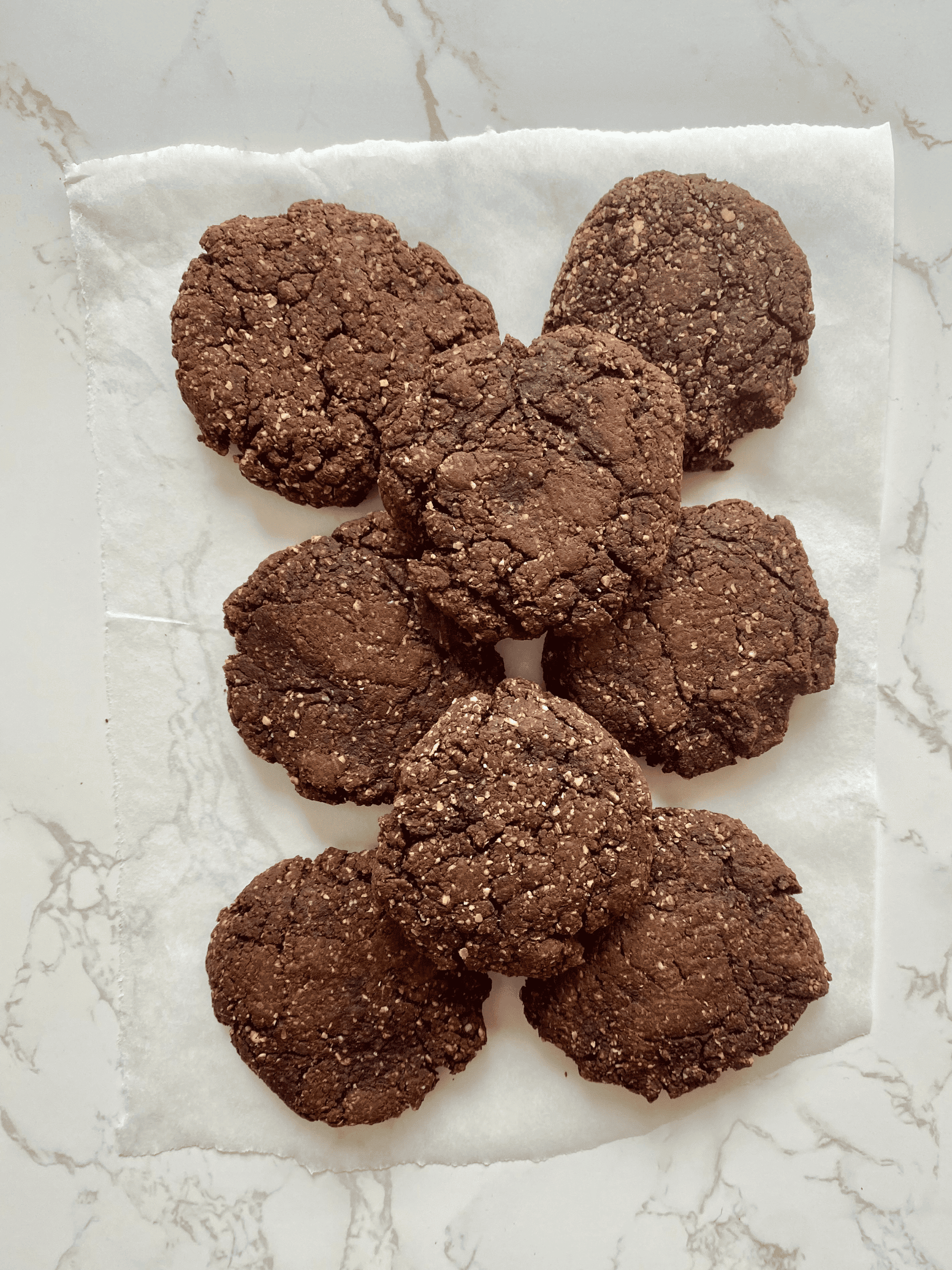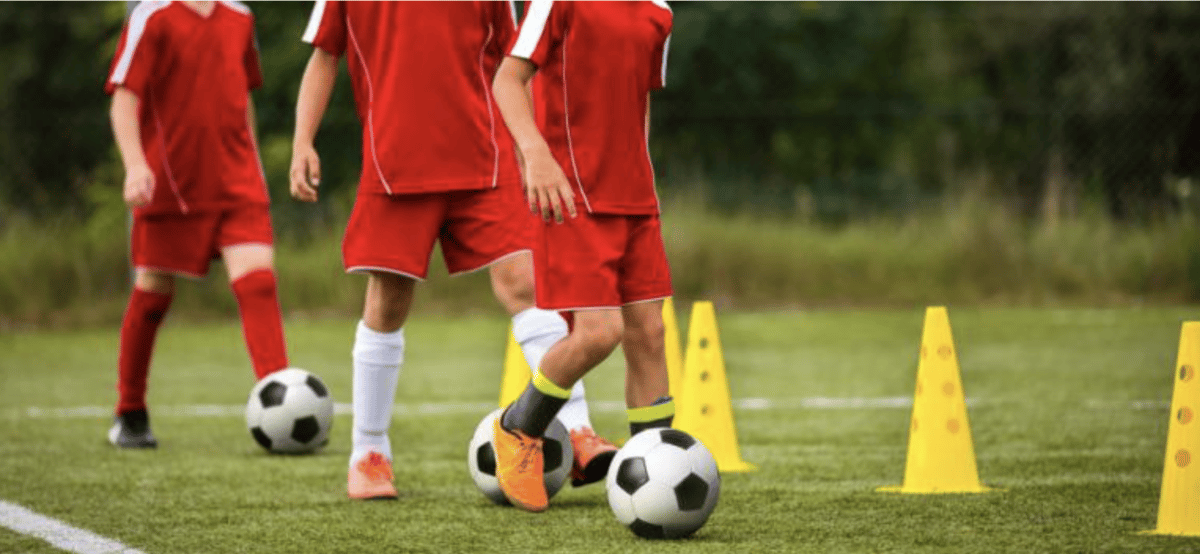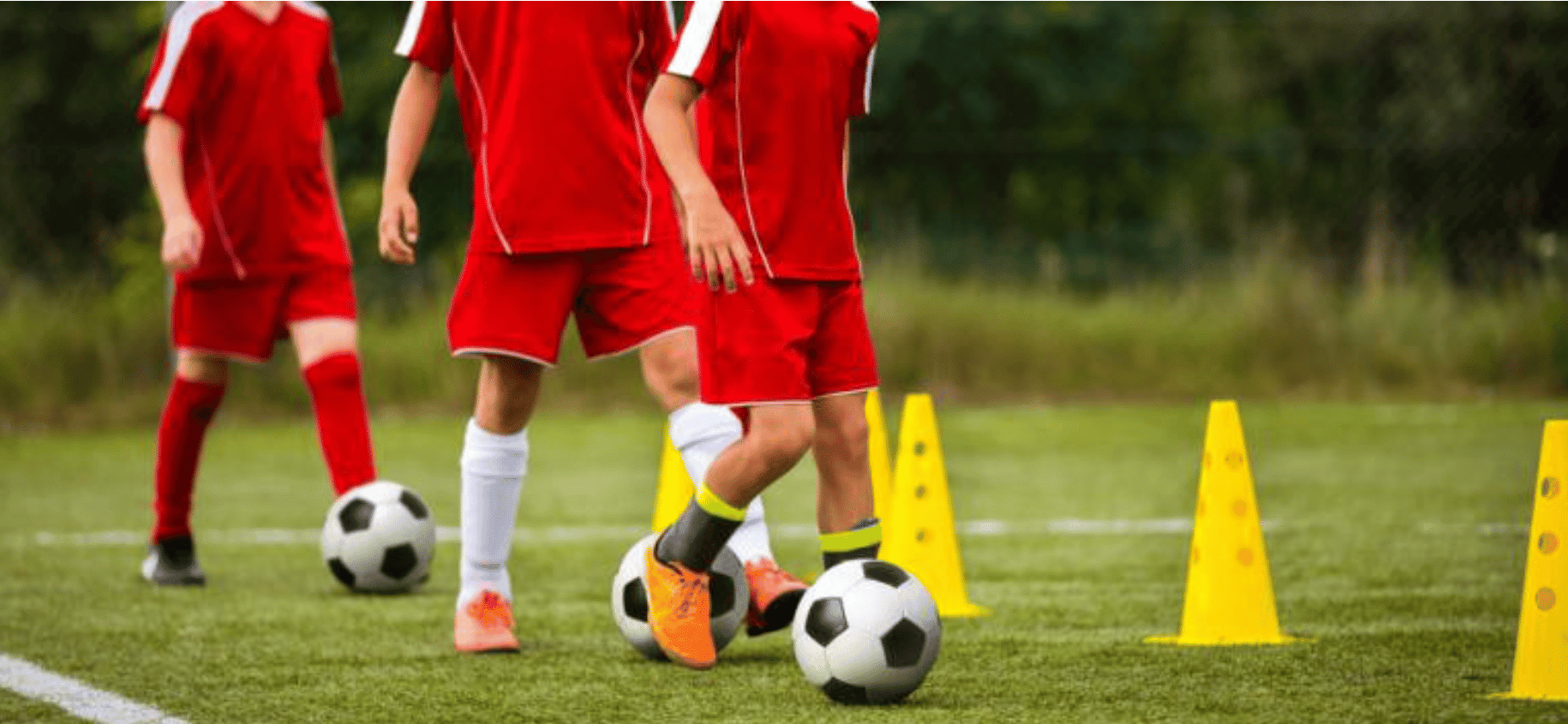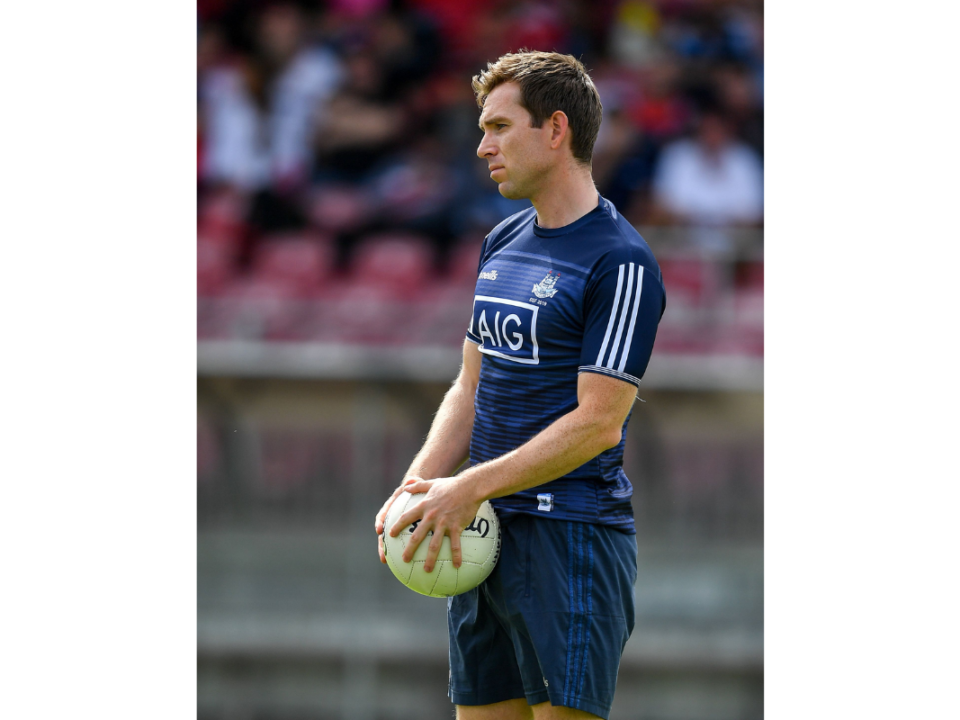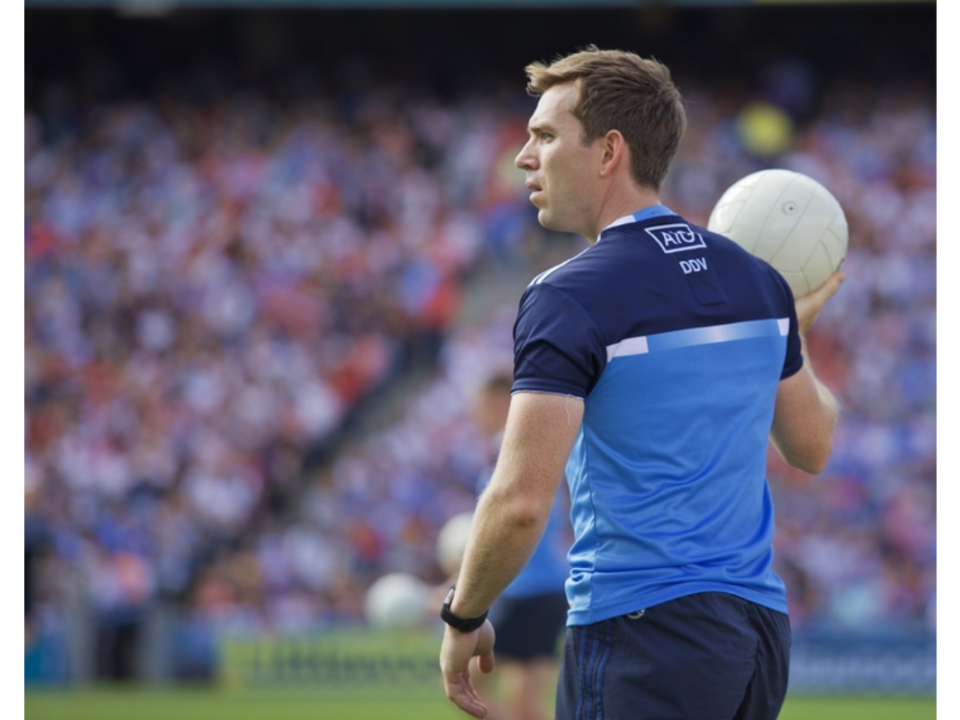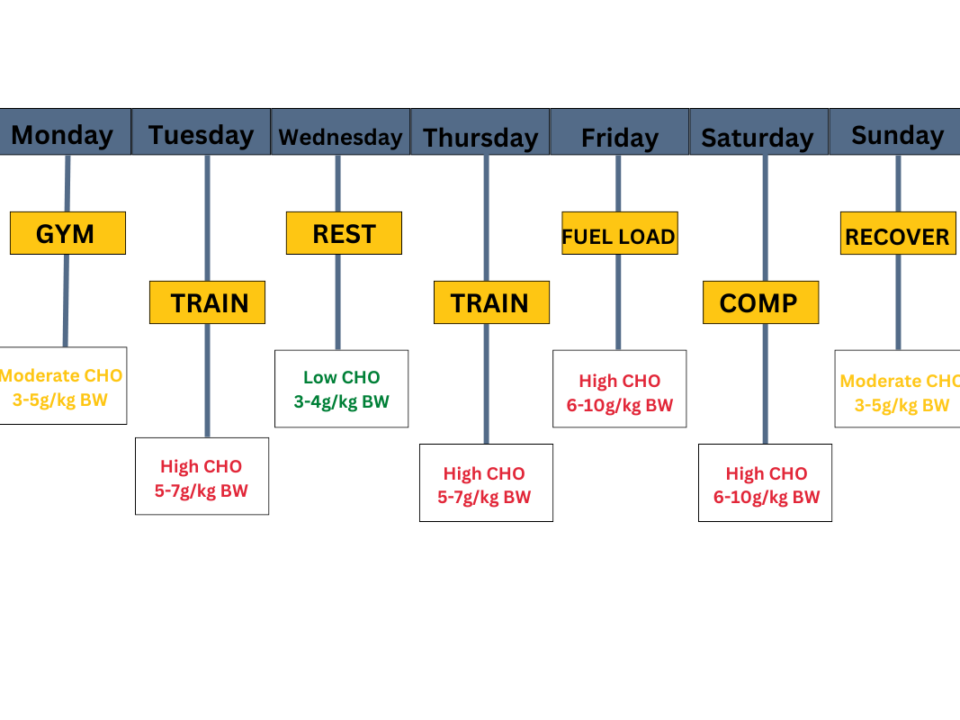You can only train and perform as hard as you recover!!
Summary:
- Nutrition plays a massive role in recovery from exercise
- The timing and quality of food that you eat post-exercise will impact your body’s ability to recover in time for your next session
- Carbohydrates and protein play a major role in the recovery process after intense exercise
- Hydration is a core component of the recovery process.
- Sleep and rest are critical components in maximising recovery
Have you ever wondered why some days your training sessions feel so much harder than others? Your muscles feel sorer, maybe you’re picking up injuries or have frequent illnesses. Time and time again I see athletes underestimating the importance of recovery for optimising their performance. You don’t become fitter, faster or stronger during exercise. It is the time spent in recovery from exercise that allows the body to adapt and grow stronger. A key message for athletes to consider; athletes spend more time recovering from exercise than actually exercising. Therefore, if you want to perform week in, week out and also support growth and development then executing your recovery strategies is paramount. Consuming suitable foods immediately post-exercise is essential for recovery so you can perform at a high level consistently.
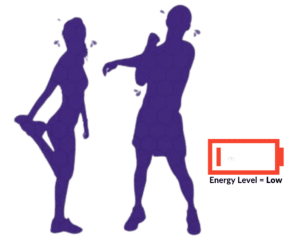
Your training/ match/ competition is over. What is next?
After a training session or match, you are physically and mentally fatigued. You can become dehydrated and your muscles can become sore. For contact sports, the impact of tackling can result in a significant amount of bruising, muscle damage and inflammation. In addition, when taking part in high-intensity exercise (E.g: GAA, CrossFit, Soccer, rugby etc) because the exercise performed is intermittent and high-intensity, this results in significant use of energy, particularly glycogen (the body’s stored form of carbohydrate). In part 2 of the series, we spoke about carbohydrates being like the fuel you put in your car. After a long journey, your fuel tank will be empty. After a long duration of high-intensity exercise, your carbohydrate stores will be depleted. Now imagine, you have no recovery protocol and are training the following day on an empty fuel tank. Like a car wouldn’t start with no fuel, your body is not going to function optimally and is going to be under more stress. You might find your body feeling more fatigued or your intensity drops off sooner than expected. Nutritional strategies can be used to tackle some of the effects of exercise on the body.

What are the goals of recovery?
In short, the primary nutrition goals for recovery after training and matches can be thought of as The 4 R’s
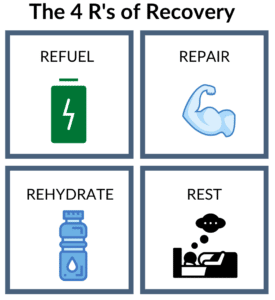
1/ Refuel: Restore depleted energy and fuel (glycogen) stores
2/ Repair damaged muscle tissue and promote adaption to exercise to improve performance
3/ Rehydrate: replace lost fluid
4/ Rest – Sleep to mentally recuperate and restore cognitive function
1) Refuel: Restore depleted energy stores
After a match or a high-intensity training session, you will have depleted glycogen stores in your muscle and liver (your fuel). Without replenishing these stores, you risk impairing post-exercise recovery and this will subsequently impact your ability to train hard in subsequent training sessions. To refill your fuel tank, aim to have a quick digesting carbohydrate 30-45mins after finishing exercise to kick start the recovery process. A granola bar, a bowl of cereal, a smoothie or a bagel with jam fits well here.
Click here for some additional ideas to keep in your kit bag.
This should be followed by a balanced meal 90mins after, including a starchy carbohydrate like potatoes, rice, pasta, noodles or oats.
Prawn Fried Rice – Feta chicken pasta bake – Meatballs and chips – Crispy Balsamic Tofu, Roast veg with chickpea pasta
2) Repair
During exercise, you actively break down muscle tissue. This is a natural process. This can be from repeated jumping, sprinting or tackling movements. Consuming sufficient protein is critical to support recovery, repair damaged tissue and promote adaption to exercise to improve your performance. What I mean by adaption is making the muscle more resistant to fatigue, stronger and more powerful.
As mentioned in Part 1 of this series, protein is most effectively used in the body when it spread throughout the day, rather than in 1 or 2 large meals. Therefore it’s not just about consuming protein immediately after exercise. Aim to give your body 4-5 protein feedings throughout the day. This will support recovery from training, and stabilise energy levels.
For example:
Breakfast – Lunch – Snack – Dinner
Scrambled Egg and Salmon Bagel – Chicken Burrito Bowl – Mixed Berry Smoothie – Chicken Noodle Stirfry
You can easily meet your protein requirements post-training/ match by eating whole foods such as lean meats, dairy products or fish in the recovery meal. If you are someone that struggles to eat dense food after exercising due to a sensitive stomach or lack of appetite, a liquid recovery meal like milk, or a smoothie is perfect to provide these essential nutrients in a more tolerable form.
Last, but certainly not least, essential micro-nutrients and antioxidants have also been shown to support recovery, and should be included to reduce muscle soreness and muscle recovery. These antioxidants are found in foods such as vegetables, spices and fruits which is another important reason to consume at least 7 portions of fruits and vegetables each day.
To read more about antioxidants and exercise click here.

3) Rehydrate
In part 1 we discussed the importance of staying hydrated. After exercise, begin to rehydrate immediately to replace the fluids lost through sweat. There can be a significant variation in the amount of fluid lost during intense exercise from person to person due to gender, weight, playing position or individual sweat rates. Therefore, there’s not one rehydration protocol everyone should follow.
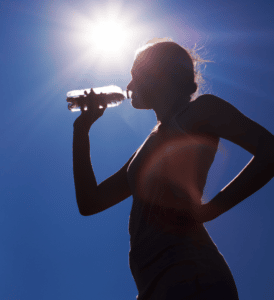
An easy method to use to assess your hydration status is checking the colour of your pee. Your pee should be a pale yellow straw colour (1-3 of the chart), anything darker would indicate dehydration.
Urine Colour Chart
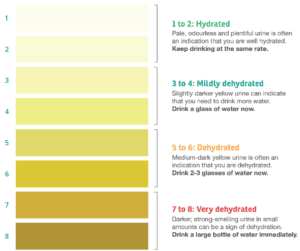
What is the best fluid to drink?
If your goal is mainly to rehydrate from your session then water or a sports drink are a good option. If you’re drinking to meet your carbohydrate and protein requirements then fruit smoothies or flavoured milk work well here as they provide protein, carbs and electrolytes.
4) Rest

Sleep and recovery
Do not underestimate the power of sleep. Sleep is considered one of the most critical recovery strategies for athletes. It is essential for the recovery of the brain and the body. Sleep provides an opportunity for the body to recover from tough training sessions and ultimately prepare for subsequent training sessions or competitions.
How much sleep do we need?
The recommendations for the general population suggest that 7-9hours of sleep are adequate for psychological and physiological recovery. For athletes, it has been suggested they require a greater quantity of sleep to recover sufficiently from intense training periods, competition, recovery from injury and also from a mental well-being standpoint.
Adequate sleep has been proven to be critical for:
- Optimum recovery from exercise sessions
- Reducing the risk of injury
- Maintaining immune function and limiting the risk of illness.
- The execution of physical and mental skills in competition.
Click here for tips on how to optimise your sleep.
Frequently asked questions:
What can happen if I get my recovery nutrition wrong?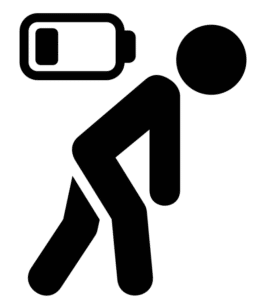
Inadequate nutrition recovery, especially if training multiple times per week, can result in:
- Increased fatigue (during training and at work or school)
- Reduced performance at your next training session or event
- Suboptimal gains from the session just completed
- Increased muscle soreness
How soon after exercise should I be eating?

- Rehydrating should begin immediately after your training session or event.
- The urgency for carbohydrates and protein after exercise depends on how long you have until your next exercise. Proactive recovery nutrition is especially important if you complete two or more training sessions in one day or two sessions in close successions Eg: An evening training session followed by an early morning training session.
- The body is most effective at replacing carbohydrates and promoting muscle repair and growth in the first 60-90mins after exercise, however, this will continue for another 24 hours.
- It is particularly important that athletes consume protein (in whatever form) after exercise to promote recovery by helping to repair damaged muscle fibres. Protein is also involved in countless other functions such as reducing muscle protein breakdown and facilitating hormone production and immune support, all vital for recovery.
So, if you have a quick turnaround between sessions it’s a good idea to maximise recovery in the first 60-90mins after finishing exercising. This can be a simple snack including both carbs and protein. Good examples: Bowl of cereal, a glass of milk and granola bar, scrambled eggs and toast, a smoothie bowl and yoghurt and granola. A small snack can also be beneficial for those who have a lack of appetite after exercise or for those having to travel a long distance home from a competition venue/ sports grounds. Otherwise, you can use your next regular meal after the session as your recovery nutrition.
Good examples:

Chicken & Bacon Tagliatelle – Zesty Coconut Curry – Beef Bolognese – Mince Taco Boats


